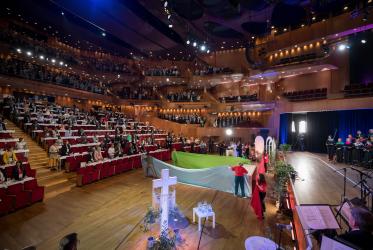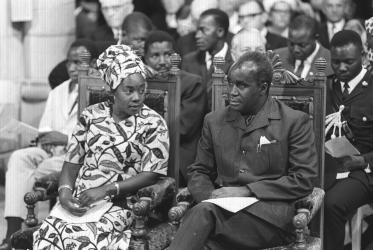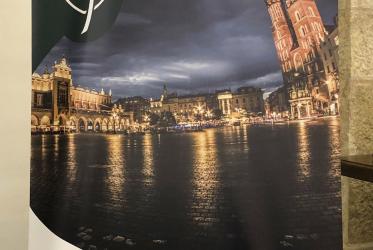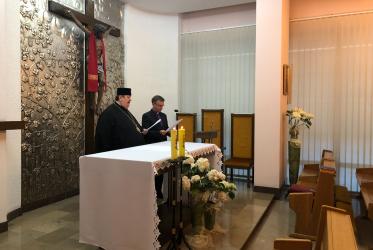Displaying 1 - 11 of 11
How will Africa go to the assembly?
25 June 2021
Young Africans are eager to grapple with challenges
09 January 2020
Faith communities advocate climate justice at COP19
27 November 2013
Churches calling for a day of fasting for the poor
18 November 2013
Churches must create and sustain healthy communities
09 April 2013
Churches engage in development dialogue on Africa
06 March 2013







